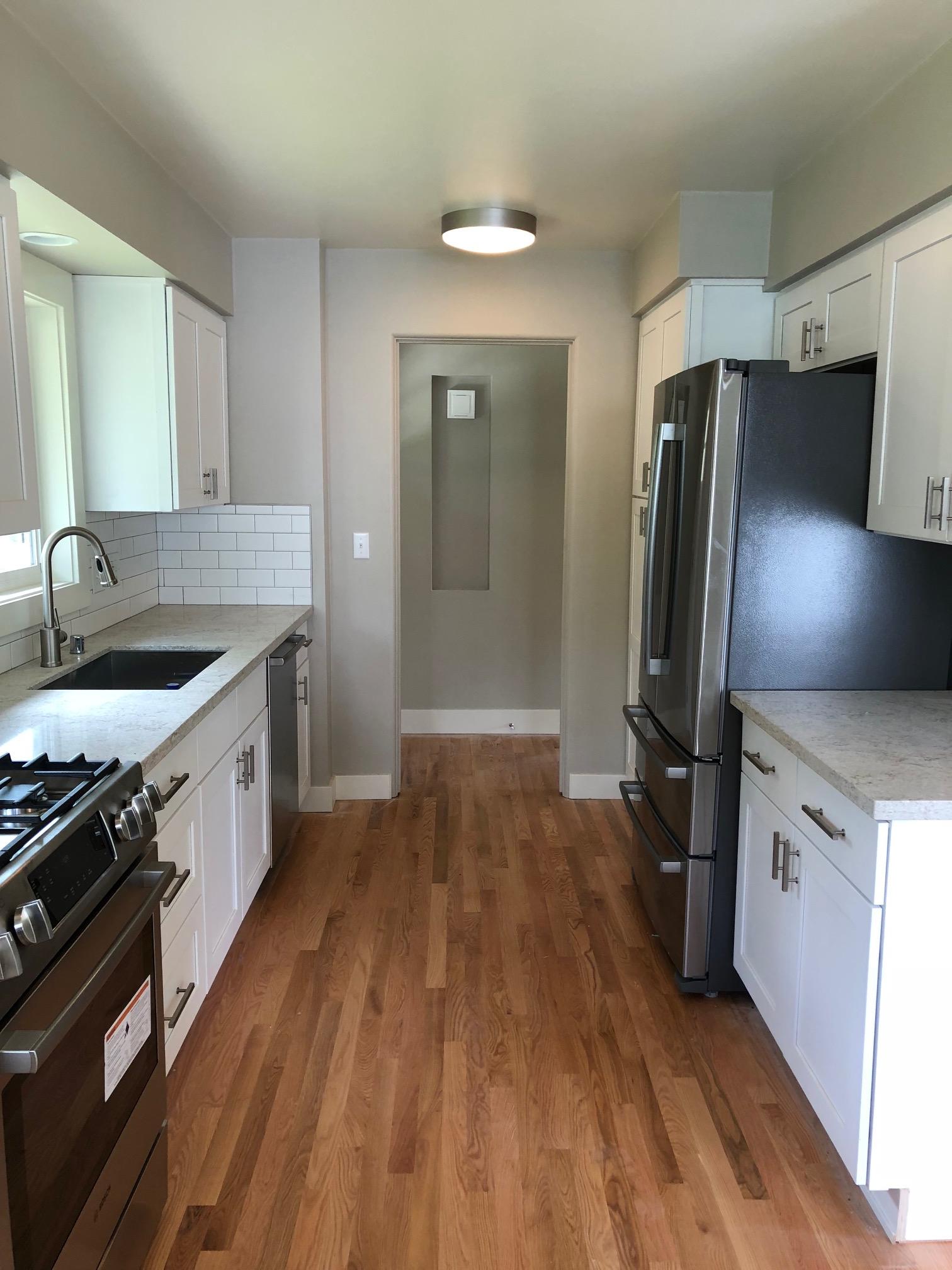Over the next few blog posts, we’re going to focus on rental maintenance issues that are preventable when the owners and tenants are on the same page regarding the proper care of the home.
These suggestions are based on our experiences with owners and tenants and the common mistakes that end up costing both parties money when paying for the fix. As always, check your lease and make sure it carefully lays out all the items that are owners and tenant’s responsibilities. This will clear up any confusion and can make a good guide as you move forward with your relationship.
This thread was created with Jay LaBrie.
If you’re lucky enough to have a disposal in your rental, it’s best to treat it with care. Tenants and Owners alike should know how to prevent maintenance issues regarding the drain and the disposal.
Here are some things to never put down the drain/disposal:
Cooking Oils & Grease
Despite using cooking oil with almost any meal, you should not put excess oil down your drain. It can thicken and clog your drain. The average cost to professionally unclog a drain is $195. Furthermore, grease, such as that from meat, poultry, bacon, and gravy should never go down the drain. Like oils, it can clog and seriously harm your pipes.
Coffee Grounds
According to multiple plumbers, coffee grounds are one of worst culprits of clogged drains. Similar to the above, coffee grounds attract grease, build up, and then create a sludge-like texture. The result is a clogged drain that smells like old coffee. Instead of creating this problem, coffee grounds are perfect for composting. Check out these other amazing ways to use coffee grounds around your home. [INSERT HYPERLINK HERE]
Egg Shells
Another item perfect for composting is egg shells. While they are fragile, the shells will likely stick to your drain. Then, as you put other drain-safe items down your sink or garbage disposal, the shells attach themselves. Eventually, all this waste sticks together and forms a clog.
Pasta
Did you know the average person in North America eats about 15-1/2 pounds of pasta per year? That’s a lot of pasta. But, if you’ve ever cooked this staple, you know that it expands when exposed to water. Just like any other item we throw down the drain, we don’t want it swelling to the point where it could cause a clog.
Medicine
We all have those old medications somewhere in our medicine cabinet. Whether you no longer need it, or it’s well past its expiration, do not throw any medications down the drain or toilet. Instead, drop it off at your nearest pharmacy so they can dispose of it with other medical waste. The chemicals can impact water quality near you.
Potato Peels
Any item that expands or glues itself to the drain can cause serious damage. Potato peels, when put down a drain, turn into glue. As time goes on, those peels turn into a starch that hardens and blocks your drain. This applies to garbage disposals as well.
Beans & Rice
Just like potato skins, both beans and rice can turn into a starchy, dense substance that typically clogs drains. A few strains of rice or beans will not harm your pipes, but anything more than 1/8 cup should be disposed of in the garbage. Never put ANY uncooked rice in the drain.
Fruit Pits
To freshen things up in the kitchen, many homeowners assume it’s okay to place fruit pits down the drain or garbage disposal. However, fruit pits can easily crack, dent or break your disposal blades. In addition to fruit pits, don’t put grape skins or avocado seeds down your drains.
Seafood Shells
Many Americans like seafood but most do not enjoy the smell that comes with leaving the shells in the garbage. Just like chicken bones, shells from oysters, clams, and lobsters will not make its way down the drain or garbage disposal. Even if they do make their way past the blades without ruining your disposal, they won’t go all the way through the pipes and a blockage is sure to follow. Tie the garbage bag closed after you throw them away, and the smell will be contained.
Paint
Whether you’re using an oil-based paint or a water-based paint, do not throw the excess down the drain. It sticks and impedes other foods from getting through your pipes. (Luckily, many cities have hazardous waste facilities that dispose of all paints. If you’re not sure where one is, ask the clerk behind the paint counter or before you buy).
*
Some of these things might feel obvious to some, but considering how often we see these issues it’s definitely something landlords and tenants should discuss.
Who Foots the Bill
Make sure to read the lease to determine who’s responsible for these types of repair visits from handymen. For neglect and mis-use tenants are typically responsible for the bill, though some leases might spell out that the owner will cover that expense.
Prevention is Key
Regardless of who has to cover the expense, it’s always easier to prevent an issue. These things tend to fail on you just as family and friends are planning on visiting.
Keep this or a similar list on your fridge or near your sink to remind other tenants and guests.
In Case Something Does Go Wrong
Should something go wrong, tenants should always tell the landlord, even if they plan on picking up the bill. When you call someone in to help, make sure they are licensed and bonded. General handyman can usually fix issues with sinks and disposals, or they can direct you to a plumber who can.

 Facebook
Facebook
 X
X
 Pinterest
Pinterest
 Copy Link
Copy Link

